Debt Investment
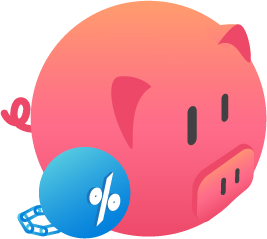 Debt Pay Off Goal Calculator
Debt Pay Off Goal CalculatorDo you want to pay off a debt by a specific date? Use this calculator to see how much you will need to pay on principal and interest to reach your goal.
This calculator works best for a single debt. If you have multiple debts with various different interest rates please use our accelerated debt repayment calculator.
Authored by Jose Abuyuan on December 18, 2019
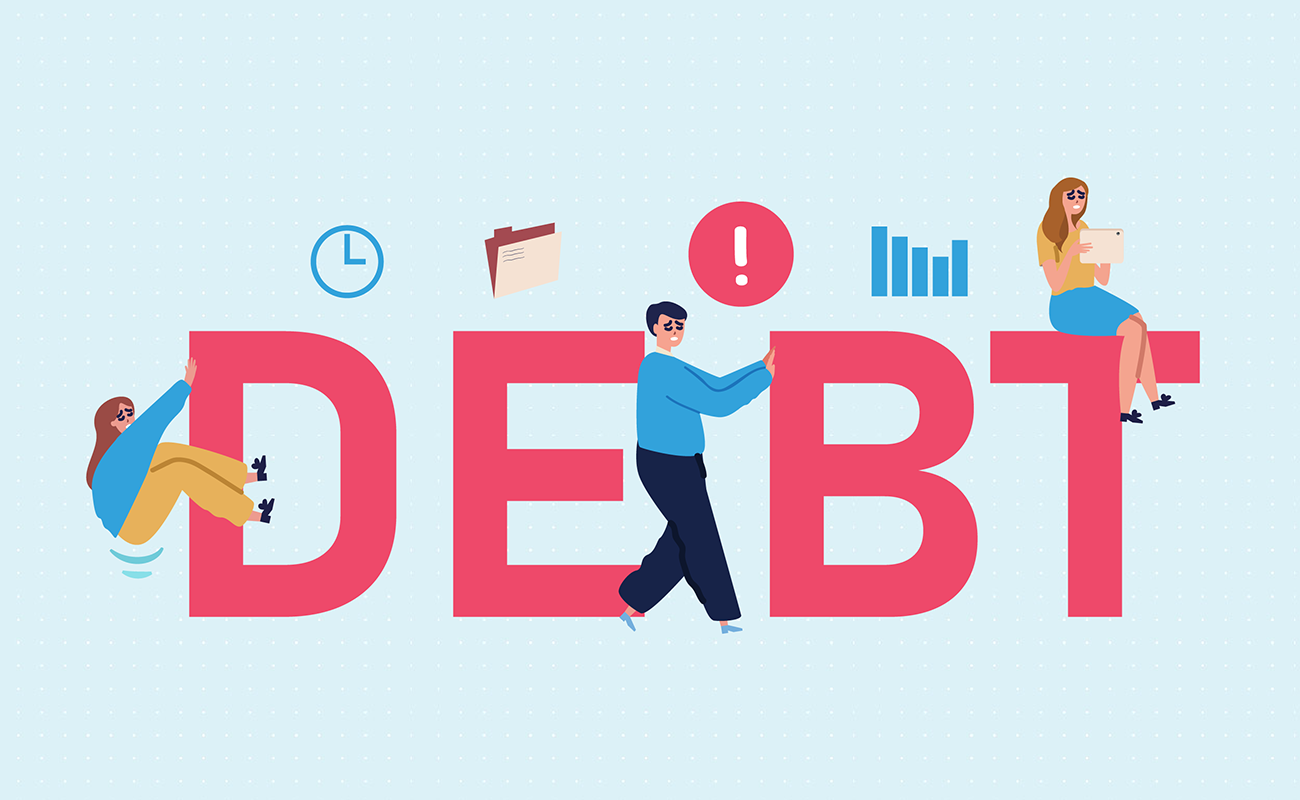
Terry Pratchett once wrote “the rich were so rich… because they managed to spend less money.” This nugget of wisdom encapsulates one of the distinctions of financially secure people. They often have a better handle over where their money goes and how they would spend it. They use their discretionary income for better-quality goods and sound investments.
Many people today do not have that luxury. They are often saddled with the burden of paying off mounting debt obligations. Families can spend as much as 80 percent of their budgets to debt payments today. With that money, you could be buying better quality items for your daily use. You could've also used your money to fund your investments or start your own business. Going debt-free can put you and your family on the track toward long-term financial stability.
There are many factors that contribute to toxic debt. One of the most familiar is the rising cost of living. Wages have not followed the rising cost of goods. Over the years, the cost of quality goods and services have also remained out of reach for many people. Moreover, anything that exceeds their paycheck-to-paycheck lifestyle will incur debts. Anyone can end up in a debt mire if their daily expenses and purchasing habits far exceed their ability to earn.
Financial illiteracy also contributes to the growth of debt problems. Too many people are unaware of the problems of their spending habits. Far fewer know about the ways they can avoid ballooning debt issues.
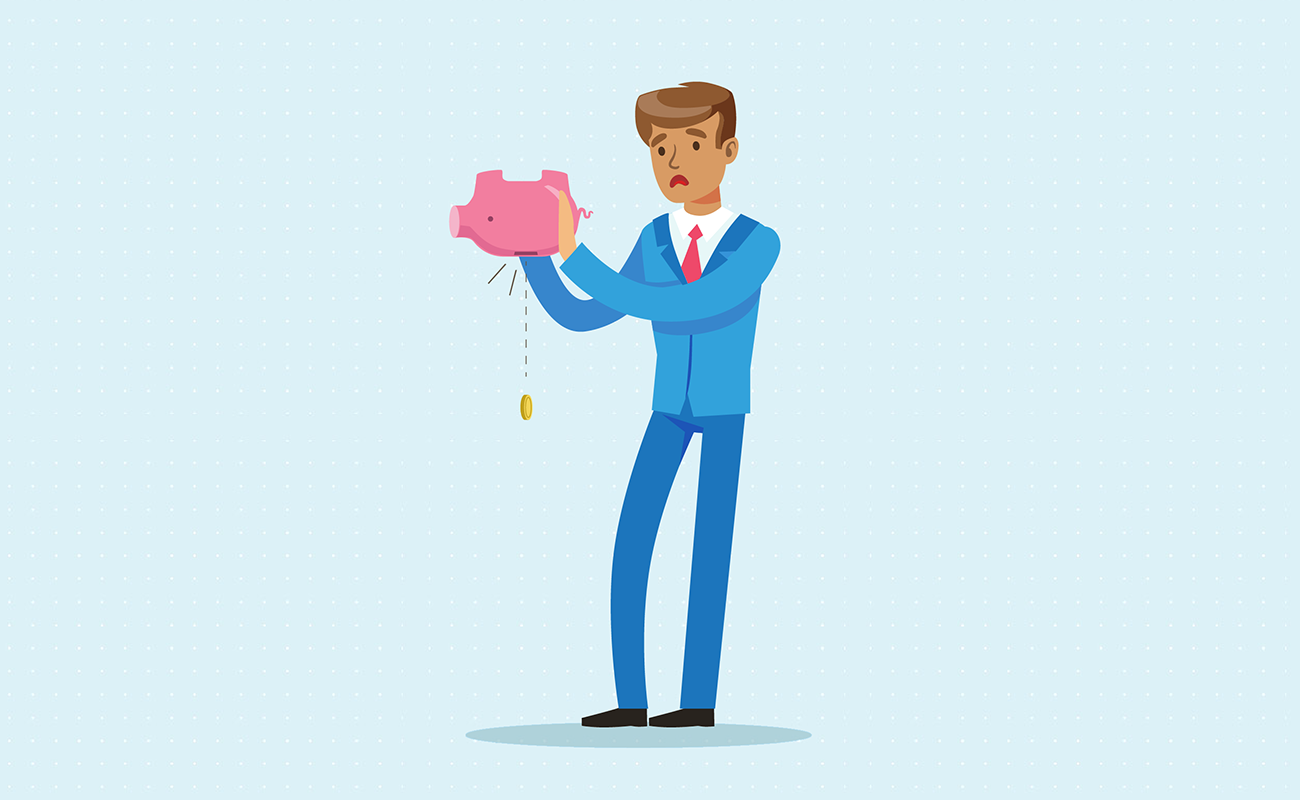
Another reason behind bad debt is living beyond your means. This tendency is often fueled by the need to look the part of being wealthy. Debt issues are not unique to low and middle-income earners. Even the who's who of Hollywood often fall victim to major debt issues, too often because of the desire to look the part.
The false notion that people are admirable based on the luxury items they own warps our perception of wealth. Marketers bombard us with the idea that we must have certain things to be “just as good” as our neighbors. To paraphrase the humorist Robert Quillen:
“People use money they haven't earned to buy things they don't need to impress people they don't like.”
The first step toward debt reduction is finding out how much you owe. This will give you a clear idea of your debt burdens and work out the best strategies to pay them off. Knowing how much you owe also determines if you can do this by yourself. You will be fine with the do-it-yourself approach if your debt burdens aren't excessive. Likewise, you may need professional help and guidance for toxic debt.
The first thing to do is to track all your expenditures. This helps clear up where you are actually spending your money. Tracking expenses also helps you divide your funds and cut costs when budgeting.
You would often be amazed at what you find out about your spending habits this way. Something as innocuous as a daily latte at $4.15 can cost you $83 over the course of a month. This adds up over the course of a year; you could spend almost a thousand dollars on lattes alone. You may also notice how often you reach out for plastic. Lattes will cost you more than an extra trip to the bathroom if you keep paying for them through a credit card.
Knowing where your money goes can also help you make smarter decisions with your money. Even smaller budget cuts can help you save money without depriving yourself. Ordering the same-sized coffee only three times a week can save you more than $400 yearly. If you don't want to give up something, you can downsize. A smaller latte at $3.65 can save you up to $120 yearly.
You save more money by paying debts down early. The longer a debt sits, the more interest accumulates. This is especially true for debts that charge compound interest like credit cards.
Identifying the rates can help you focus on which loans to pay off. As a general rule, prioritize debts that have an interest rate higher than 6 percent. This should cover payday loans, high-interest credit cards, and no-credit check loans. These have a higher tendency to cost you more interest in the long run.
In the case of mortgages, you can relax your payments if your interest rates were low. Because they are offset by tax advantages, mortgages and other good debts should be paid last.
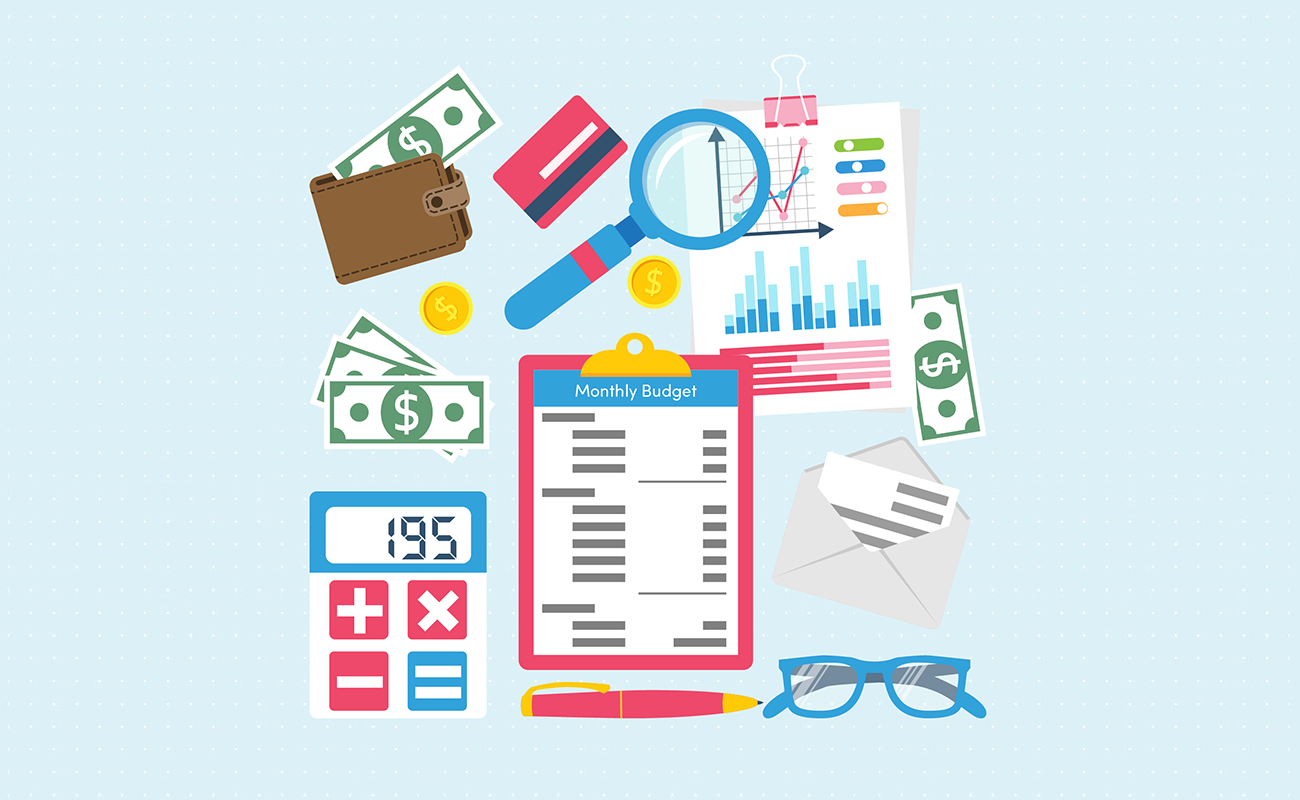
The first records of household budgets first came from the households of the wealthy. This conjures up an image of Ebenezer Scrooge counting pennies in the dark. Even today, you can expect some degree of micromanagement when planning a budget.
Though difficult to put in place, budgets are a useful tool for people across all income bands. Going through the trouble of budgeting is less bothersome than stressing about debt. Budgeting reins in your unnecessary expenses and prevents deficits. Your budget allocations also determine how fast you can pay off your debts.
Finding the right budget for you is a matter of trial and error. This is a difficult process at first, since you want to have a little wiggle room to enjoy yourself. Unless you're in a stable financial position, you won't need to tighten your belt too much. Remember this: the best budget is one that you can stick to.
Your budget should be dedicated to covering your necessary monthly expenses. These would include the following:
Recognize discretionary expenses as you review your budget. These are non-essential luxuries that make life pleasant. Others are things you thought you need but hardly even use. How much of these things you can afford to keep depends on the gravity of your debt and how fast you want to get out of debt. In some cases, you may need to cut out most non-essentials out of your budget for the time being.

If you are spending on something you do not need or use, consider cutting it. This includes everything from gym memberships to old magazine subscriptions. You can save a remarkable amount of money from doing away with unnecessary expenses.
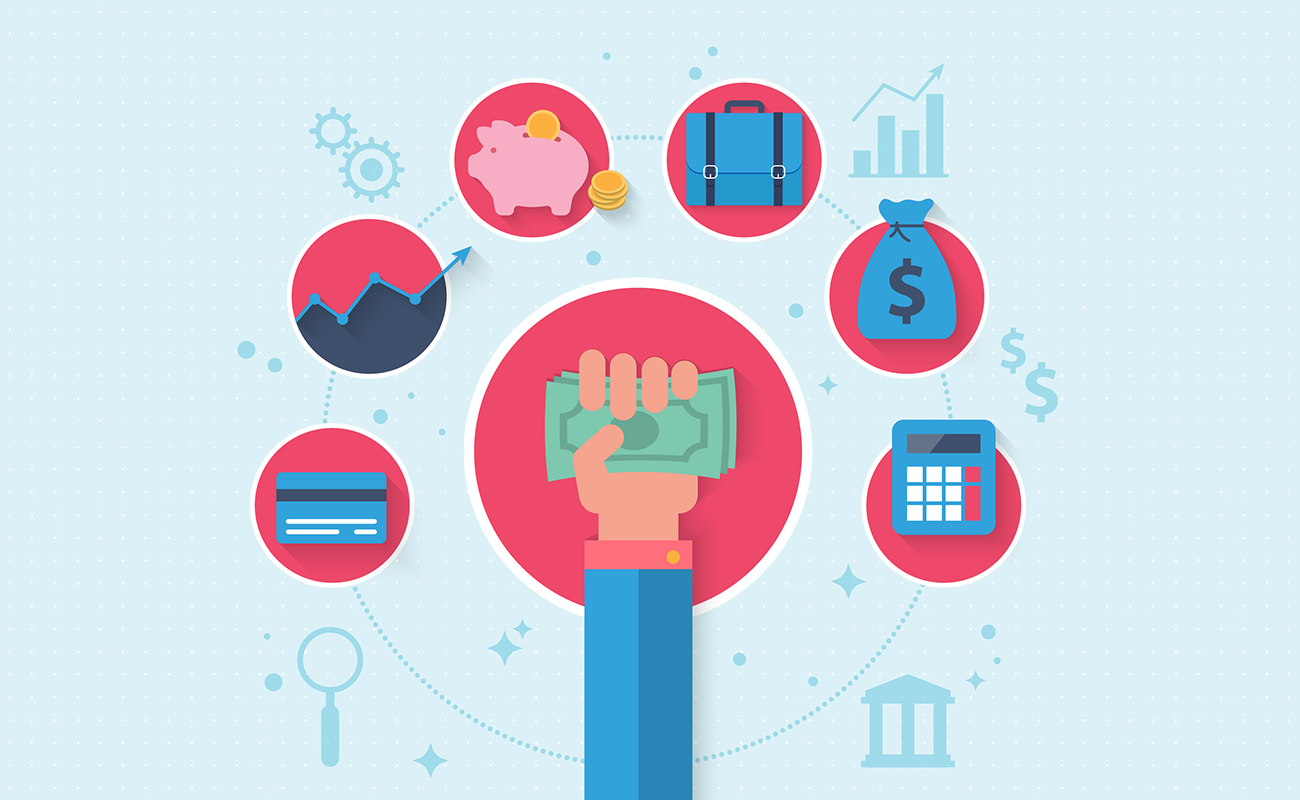
One of the most challenging things about budgets is that they are hard to codify. Your expenses will vary from one day to another. It is normal for you to overshoot your budget a few times early on.
In her book Budgeting 101, Michele Cagan suggests you make your budget a little more flexible. A flexible budget gives you plenty of wiggle room within your spending categories. This helps you cover for fluctuations over the course of the month without breaking the bank.
Over time, higher prices and lifestyle changes might make your current budgets unworkable. In this case, you may need to revise your budget. Be careful not to overshoot your budget cuts. Sometimes, you may need to spend more on your necessities.
Extreme austerity measures may even undermine your ability to stick to your budget. Unless you're really tight for cash, you have no reason to deprive yourself. The key to successful budgeting is to make cuts that aren't readily noticed. You can, for instance, save a fair amount of money by cutting down on hidden charges from your regular services. This way, you can have your cake and eat it, too.
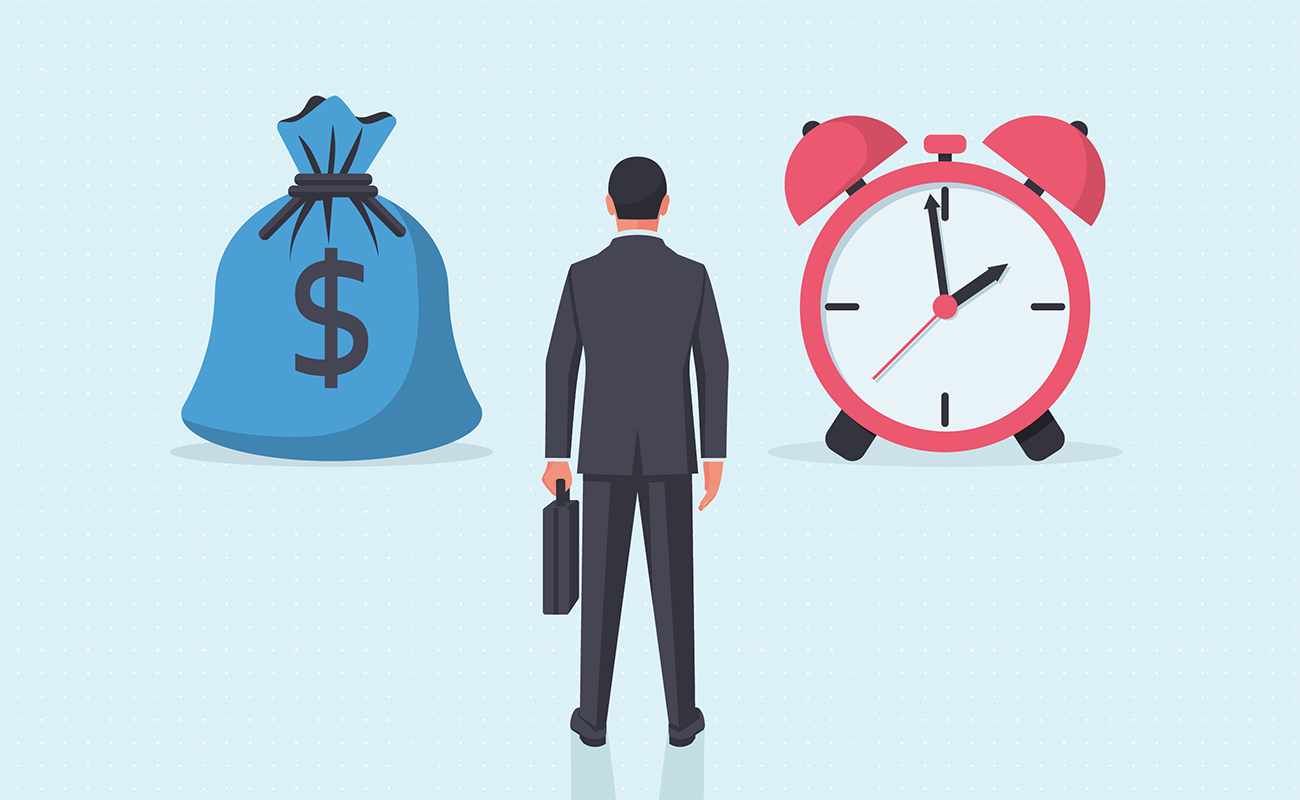
Minimum payments will prolong the debt and make you pay more in interest. As a rule of thumb, always pay more than that. This is easier said than done, of course, if you have a lot of different debts. Rethinking your pay-down strategy might be in order.
Examine your budget and compare it to your catalogue of debts. Would it be enough to pay off your high-interest debts fast? Can you contact your creditors to lower your rates or renegotiate your terms? You can do it yourself only if you can pay most of your debts with minimum payments with some money left over.
However, if you find yourself struggling to pay minimum fees on the deadline, you might be in for a hard time. Explore other options you have not considered. Recognize when you can't do it alone and seek help. Getting advice from a credible credit counselor or bankruptcy lawyer might be the ticket to getting you out of a severe debt issue.

Motivate yourself with achievable and sensible goals. Some strategies, while they save you money, might not mesh well with your personality. Keep your debt-free goals clear yet achievable. What's important is that you keep moving.
One of the most effective way to resolve your debts is to deal with them one by one. The focus debt methods involves paying the minimum on all but a specified target debt. Once that debt is paid off, you pay the budget set aside for it on the next one in line. With each debt settled, a larger part of the budget goes to paying off the next debt in line.
You may also consolidate or refinance your debts to reduce their interest rates. This option is a long shot, but it can help you save money on your largest debts.
Here are different debt repayment strategies you can try:
| Debt Snowball | Debt Avalanche | Consolidation and Refinance | |
|---|---|---|---|
| How it works | You focus all extra payments on the smallest debt. | You focus all extra payments on the debt with the largest rate. | You pay one or more debts through a new, lower-interest loan. |
| Advantages | You pay off your first debt quickly, which can be very motivating. | You save money by taking out the debts that will incur the biggest interest payments first. You can go debt-free much faster, depending on the size of your debts. |
You reduce the amount of interest you need to pay. Bringing debts together makes them easier to track. Securing a better rate for your biggest rates can help you focus on smaller debts. |
| Disadvantages | You might let higher-rate debts accumulate more interest if you don't get to them fast enough. | It might take longer for you to pay off your first debt. | This is not always an available option for every debt. You might not always be approved for the loan needed to pay off this debt. |
| Good For | Smaller debt burdens Being motivated by quick wins Larger debts that take too long to pay off |
Larger debt burdens Having small debts with high interest rates Debts with similar interest rates |
High-interest debts The ability to pay off larger credit card balances within a year Many small debts that are hard to keep track of Using the snowball method |
You should choose a debt repayment strategy that reduces your interest load. Do not discredit the value of quick wins, though; they could be all the motivation you need to move forward. Strike the balance between interest savings and achievable debt pay-downs. Consider mixing up your strategies. You would accomplish even more by combining several strategies as needed.
Even if your debt problems are not extreme, it can still seem daunting to take on. If you're not careful, you can get overwhelmed by the task. Making goals doable is the key to staying on track. By setting meaningful goals, you break down an impossible undertaking into something doable.
These five elements are essential to intelligent financial goal-setting:
Being misinformed and ill-prepared can put you into greater debt burdens. When making plans to get out of debt, be sure to recognize a few possible pitfalls.
Reconsider getting help from debt settlement companies. They offer a means to lower your debt obligations through lump-sum payments. Unlike consolidation or refinancing, debt settlement might end up lowering your credit score. This can make it harder to borrow money down the line. Likewise, you may end up with tax burdens for part of your settled debts.
Moreover, too many debt settlement companies do not operate. Unscrupulous companies tend to ask you money upfront. They may also instruct you to cut ties with your creditors, which will not endear them to you at all. This shady behavior can get you into more financial trouble.
A personal loan can be an excellent way to consolidate your debts. Be careful when choosing your lenders. Unsavory finance companies offer debt consolidation loans with punitive interest rates. Ignore their offers and seek better deals at banks or credit unions.
You shouldn't stop setting aside money for yourself. Always treat your emergency fund as a basic need. It can save you money on unexpected expenses and keep you from incurring more debt. Try to save up at least $2,500 as a minimum emergency savings fund.
Becoming debt-free is a difficult undertaking, but so is staying out of debt. Financial advisers note that people who pay debts with inherited or windfall money often get into debt again. Of course, this shouldn't stop you from using windfall money to reduce your debts. You often have a better chance of going debt-free if you had to do it the hard way.

It is important to learn from your debt payoff ordeal. Think of your debt payoff strategy as a crash course in financial literacy. Knowledge is your greatest ally in the fight against toxic debt problems in the future.
Jose Abuyuan is a web content writer, fictionist, and digital artist hailing from Las Piñas City. He is a graduate of Communication and Media Studies at San Beda College Alabang, who took his internship in the weekly news magazine the Philippines Graphic. He has authored works professionally for over a decade.